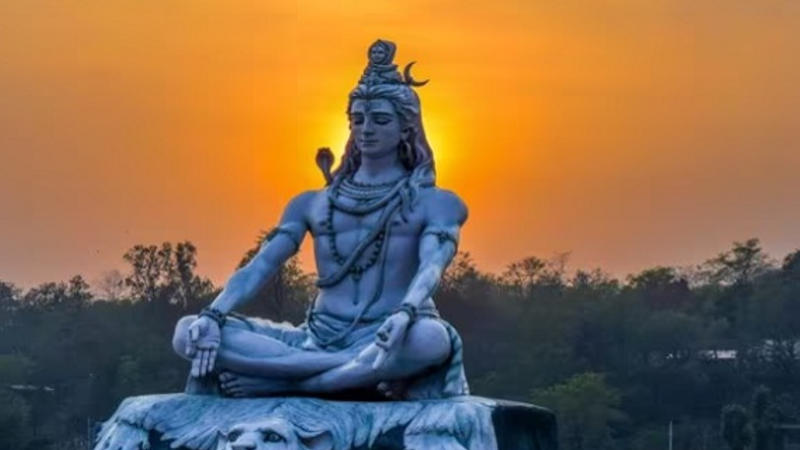Published 23:49 IST, March 3rd 2024
Why Is Maha Shivratri Celebrated In India? Date, History, Significance
Maha Shivratri will be celebrated on March 8 this year. The festival holds great religious and cultural significance. Know why the festival is celebrated.

Maha Shivratri, a significant festival in Hindu culture, is celebrated with great devotion. The festival will be celebrated on March 8 this year. Rooted in ancient mythology and spiritual significance, Maha Shivratri holds a deep place in the hearts of millions of devotees. There are several myths, stories and legends behind the celebration of the festival.
Mythological origin

One of the most popular legends associated with Maha Shivratri revolves around the Hindu deity Lord Shiva and his marriage to Goddess Parvati. According to Hindu mythology, Lord Shiva, the Supreme Being, is believed to have married Goddess Parvati on this day. The union symbolizes the cosmic dance of creation and signifies the inseparable bond between the masculine and feminine energies, known as Shiva and Shakti.
Spiritual significance

Beyond its mythological origins, Maha Shivratri carries profound spiritual significance for devotees. It is believed that on this auspicious night, Lord Shiva performed the Tandava, the cosmic dance of creation, preservation, and destruction. Devotees stay awake throughout the night, engaging in prayers, chants, and meditation to seek blessings and divine grace.
Renewal and rejuvenation
Maha Shivratri also marks the transition from the winter season to the onset of spring. It symbolizes the renewal of life, the awakening of consciousness, and the rejuvenation of the soul. Just as nature undergoes a transformation during this time, individuals are encouraged to embark on a journey of self-reflection, introspection, and spiritual growth.
The triumph of good over evil
Another significant aspect of Maha Shivratri is the triumph of good over evil. According to Hindu mythology, Lord Shiva is often depicted as the destroyer of ignorance and the embodiment of righteousness. Devotees believe that by seeking his blessings on this auspicious day, they can overcome obstacles, conquer inner demons, and attain spiritual enlightenment.
Rituals
The observance of Maha Shivratri varies across different regions and communities. However, common rituals include fasting, visiting temples, offering prayers, and performing Abhishekam (ritualistic bathing of the Shiva Lingam) with milk, water, honey, and other sacred substances. Devotees also recite mantras, chant hymns, and participate in devotional songs to honour Lord Shiva.
Updated 23:49 IST, March 3rd 2024



